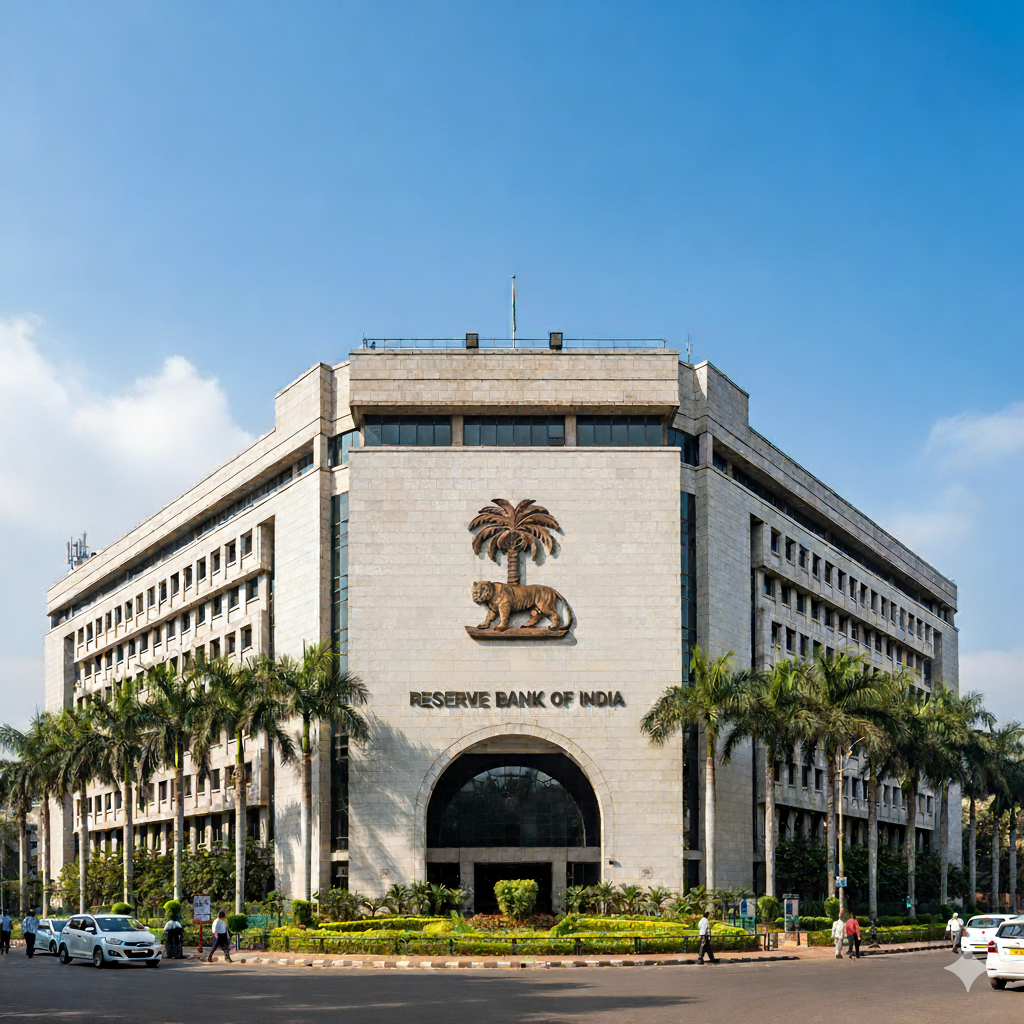The Reserve Bank of India (RBI) has released its much-awaited Grade B 2025 recruitment notification (official link), announcing 120 vacancies across three cadres:
- General Cadre – 83 posts
- DEPR Cadre – 17 posts
- DSIM Cadre – 20 posts
While thousands of aspirants welcome this opportunity, the notification highlights systemic discrimination against the General category. Under the reservation framework, General candidates can compete only for Unreserved (UR) seats, while a substantial portion of posts are earmarked for reserved categories.
Unfair Seat Allocation & Quota Breakdown
The vacancy distribution lays bare the imbalance:
- General Cadre (83 posts): UR – 35, EWS – 8, OBC – 19, SC – 15, ST – 6, PwBD – 11
- DEPR Cadre (17 posts): UR – 6, EWS – 1, OBC – 2, SC – 4, ST – 4, PwBD – 5
- DSIM Cadre (20 posts): UR – 10, EWS – 1, OBC – 3, SC – 2, ST – 4, PwBD – 3
Translation: General candidates receive a disproportionately small share of seats. Reserved seats are frequently filled at significantly lower cutoffs, shrinking the effective merit-based opportunity for UR aspirants.
Fee Disparity: An Unequal Burden
The application fee structure further compounds the imbalance:
- General/UR, OBC, EWS: ₹850 + 18% GST
- SC/ST/PwBD: ₹100 + 18% GST
- Staff candidates: Nil (subject to eligibility)
Put bluntly: the fee for General candidates is approximately 8x higher than for SC/ST/PwBD applicants. For many middle-class aspirants already bearing coaching and material expenses, this is an unfair financial load.
Attempt Limit: A Cap on Dreams
The most contentious provision is the attempt restriction for Phase-I (Prelims):
- General/EWS candidates: Maximum 6 attempts.
- SC/ST/OBC/PwBD candidates: No attempt limit (eligible as long as age and other criteria are met).
This is particularly striking because General candidates typically face the highest cutoffs (historically around 60–70 marks in Phase-I), while reserved-category cutoffs are often 10–20 marks lower. If unlimited attempts should exist anywhere, logic suggests they belong to candidates who face the steepest merit barrier—not those with lighter cutoffs.
The Cumulative Trauma on General Category Students
When combined, these factors create a stressful, demoralizing environment for General category aspirants:
- Shrinking UR seats in the face of intense competition.
- Higher application fees that strain family budgets.
- Elevated cutoffs that demand exceptional performance.
- A strict 6-attempt cap that ends careers even when candidates are improving.
For many, the effect is more than disappointment—it’s long-term anxiety, insomnia, and a sense of systemic exclusion. The question remains: why should today’s youth pay repeatedly for historical injustices they did not commit?
A Call for Change
Policymakers and the RBI should consider reforms to restore fairness:
- Remove attempt limits for all categories.
- Equalize application fees so the burden is not skewed.
- Re-evaluate seat allocation with stronger emphasis on merit where appropriate.
India’s youth deserve equal opportunity — not repeated exclusion masked as corrective policy.
What are your thoughts? Have you experienced or observed similar bias in competitive exams? Share your experience in the comments below.
